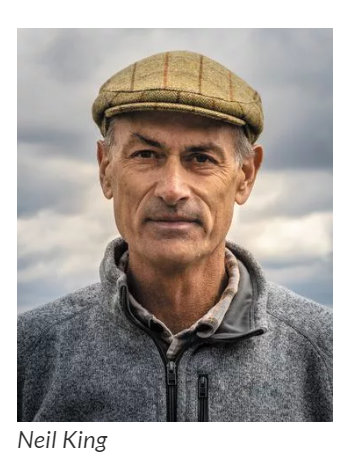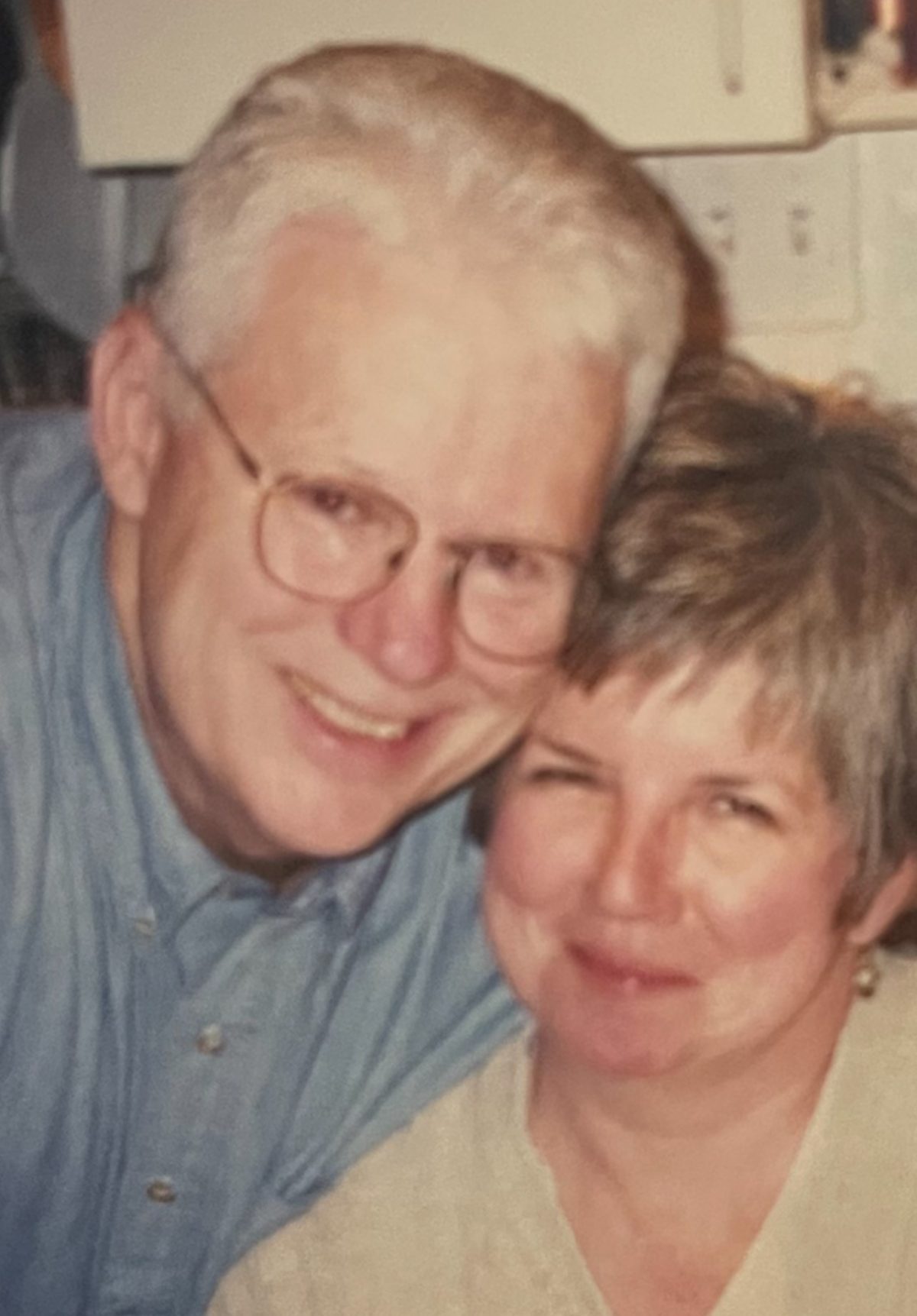A sweeping, in-depth survey of the news consumption habits of Chicago-area residents by researchers at the Medill School of Journalism, Media, Integrated Marketing Communications at Northwestern University captures the tectonic shift to smartphone usage from television and print newspapers, and finds that half of consumers believe no one should pay for journalism.
The survey of 1,004 people, one of the largest examinations ever of news consumption habits in the Chicago area, identifies numerous notable findings. Nearly two-thirds of those surveyed, or 62%, said they use their smartphones to get local news all the time or often, compared to 52% who watch news on television all the time or often. Thirteen percent of respondents said they read traditional newspapers and magazines often or all the time, while only a limited number of residents (19%) pay or donate money for access to local journalism.
In one of the survey’s most significant findings, Medill’s researchers identified a lack of public awareness of the financially perilous state of local news. A majority of those surveyed (54%) believe local news outlets are doing “somewhat well” financially. Another 17% said they are doing “very well,” meaning that in total, 71% of respondents don’t know the news business is in crisis. Research by the Medill Local News Initiative has chronicled in detail the alarming pace at which news organizations under financial duress are shrinking or disappearing, creating “news
deserts” in communities across the country.
The disconnect between performance and awareness has profound implications for the future of journalism because many local newsrooms need to persuade more consumers to become paying customers for digital news to make up for weak online advertising revenue. But audiences not only don’t believe the news business is suffering, they are skeptical about who, if anyone, should pay for news. About half (51%) of Chicago-area residents said no one should pay for news. Another 27% of respondents said those who can pay should pay.
Much smaller numbers said those who read the most should pay, or everyone should pay. “The most solid pillar of local news is reader revenue, digital subscriptions, or memberships,” said Tim Franklin, Senior Associate Dean at Medill and one of the authors of the survey. “If half of people think that no one should have to pay for news, that shows the news business model has some headwinds.”
The survey, published as a 64-page report, “The Medill Survey: How the Chicago Area Gets its News,” was conducted by faculty of the Medill School with funding by the MacArthur Foundation. The authors are Medill Professor Stephanie Edgerly, Associate Dean of Research; Assistant Professor Yu Xu; along with Franklin, who is also John M. Mutz Chair in Local News and Director of the Medill Local News Initiative. NORC at the University of Chicago, on Medill’s behalf, surveyed adults throughout the 14-county metro area, including parts of southern Wisconsin and northwest Indiana, via a mixture of phone and web methods. The margin of error was +/- 4.66%.
While the survey focused on the Chicago region, the results may bea microcosm of the fast-changing landscape for local news across the country. The study’s goal was to examine the current state of the public’s interest in and reliance on local news, as well as readership, viewership and listenership habits. The survey also explored other views on journalism, including motivations for consuming news and attitudes related to the trustworthiness of reporters to perform their roles well.
Some of the survey’s key findings include:
The public generally remains engaged in following news events. About half (53%) of adults consume local news once or multiple times a day.
There are strong generational differences in reader interest, with almost two-thirds (62%) of adults ages 60+ consuming local news once or multiple times daily, compared to just 39% of people ages 18-29.
The generational difference is also profound for television viewership: While 66% of adults 60+ watch local TV news daily, that number drops to only 22% for 18-29 year-olds.
Chicago-area consumers are fairly positive about what they consume. About half (53%) trust local news media to get things right, a higher portion than found nationally (44%), according to a different study of local news.
While most respondents (85%) have never met a local journalist, 43% said they were interested in attending a meet-and-greet with local reporters.
A principal goal of the study is to give news organizations, journalists, philanthropists, scholars and other interested parties a better understanding of consumers’ behaviors. “Armed with these insights, key stakeholders can explore new pathways to better meet the public’s news needs and explore new business models to support the local journalism our communities need,” Edgerly said.
While the Medill report confirms the impact of technological change on local news consumption habits, it also suggests that some basic assumptions by journalists and civic leaders about how the public values local news may no longer be true. Industry leaders have made passionate arguments in defense of financially struggling newspapers, warning that democratic traditions are at stake because journalists are watchdogs of public interest whose work binds citizens to
communities. But that perspective isn’t widely recognized.
The survey found that the main reason people said they consume local news and information is to meet the needs of everyday life. Specifically, 60% of respondents consume news because it “helps me save and manage money,” while 52% consume news because it “helps me stay healthy.” Far down the list are “helps me feel connected to my community” (15%) as well as “helps me take action to address issues I care about” (12%) and “helps me stay informed to be a better citizen” (10%).
“The big push by philanthropy and policymakers right now to provide money for local news is in a democracy framework: More robust local news helps improve the democratic institutions of a community and the country,” Franklin said. “This survey suggests that message isn’t taking hold with the public yet and there’s more work to do to make the public aware of what’s at stake with the loss of local news. While we as journalists attach altruistic reasons for our work and why people come to local news, many of them are tuning in or reading in a transactional way.”
The report includes a conclusion urging stakeholders with an interest in a free and vigorous press to play a role in elevating local news at a moment when it is under siege. The report also features a brief history of Chicago journalism to offer further perspective on the important findings of the survey.
“How the Chicago Area Gets Its News” is a product of the Medill Local News Initiative, a research and development project aimed at bolstering the sustainability of local news.
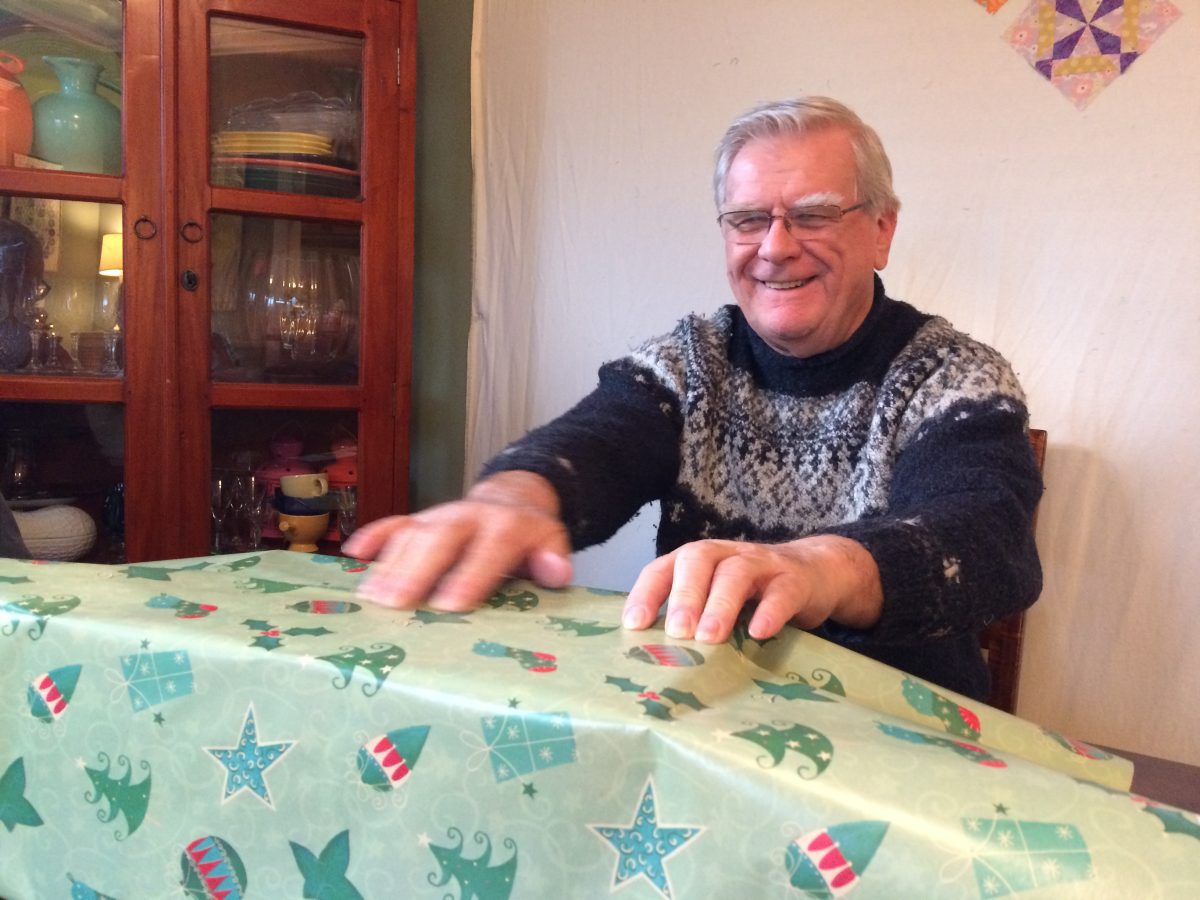
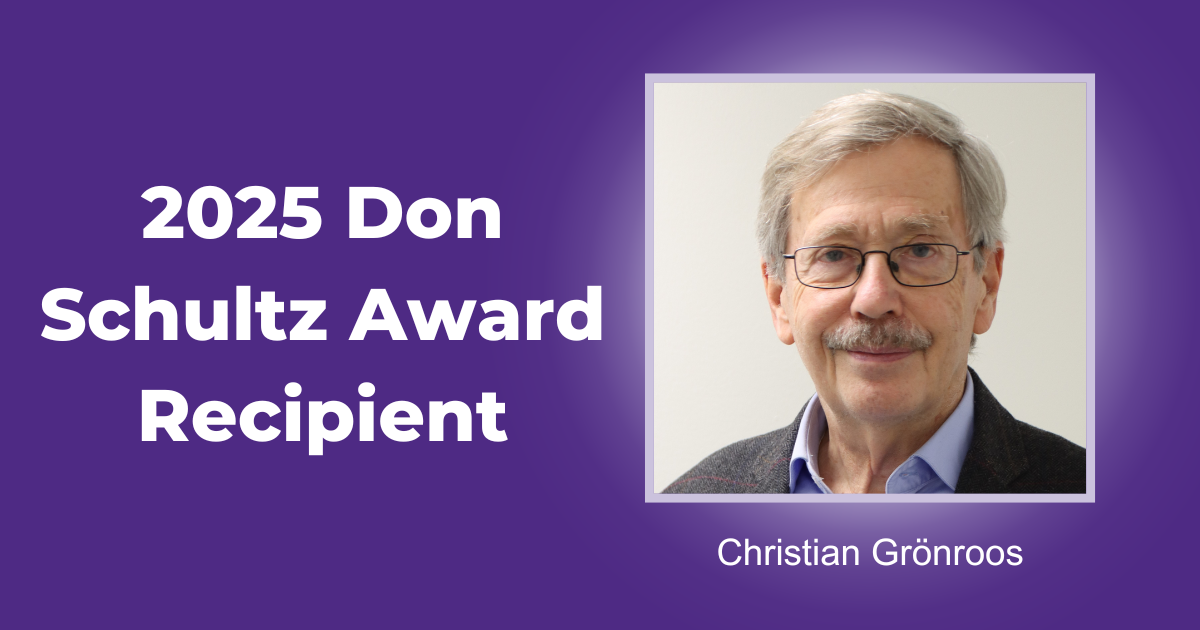
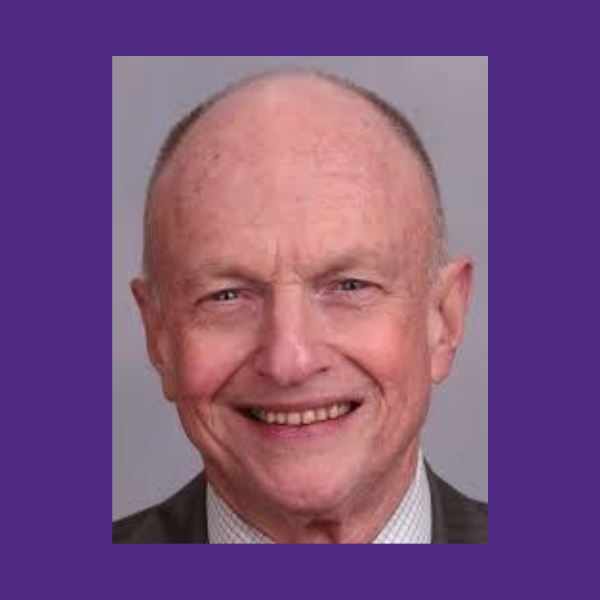
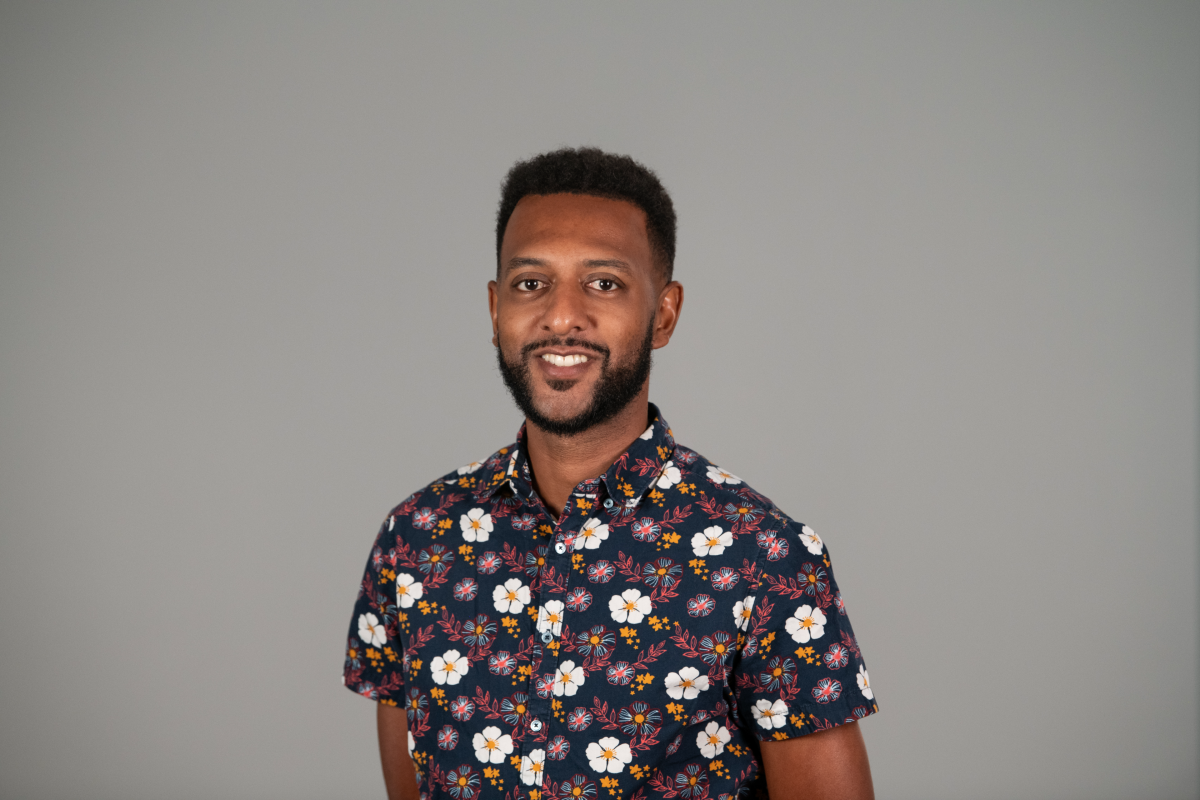
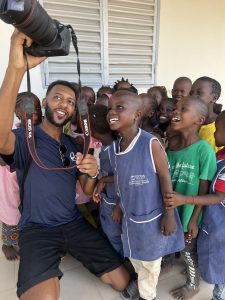 What is your current role, and what does it entail?
What is your current role, and what does it entail?


